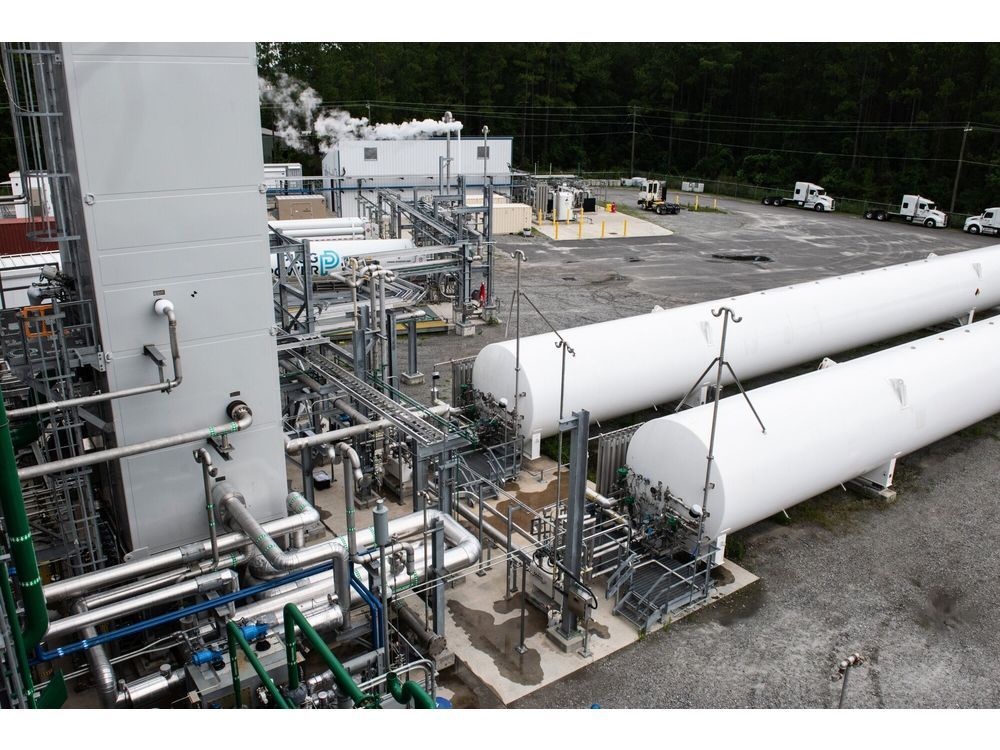Senate Considers Plan to Save Hydrogen Tax Credit Amid House Scrutiny
Key Ideas
- The Senate is looking into preserving a tax credit for hydrogen production that was at risk of being eliminated in a recent House bill.
- Key Republicans, including Senator John Cornyn and Senator Shelley Moore Capito, are advocating to extend the timeline for projects to qualify for the incentive.
- Several industry groups, such as the Fuel Cell & Hydrogen Energy Association and the US Chamber of Commerce, are lobbying to retain the credit to safeguard investments and jobs in the hydrogen sector.
- The potential loss of the tax credit could jeopardize billions of dollars in committed investments and hinder the growth of the hydrogen industry in the US.
The Senate is exploring a strategy to rescue a valuable tax credit for hydrogen production that faced elimination in a significant tax-and-spending bill passed by the House. This credit, offering up to $3 per kilogram of hydrogen produced, is crucial for driving the growth of a domestic industry for clean-burning fuel. Key Republican figures like Senator John Cornyn and Senator Shelley Moore Capito, who have vested interests in hydrogen projects in Texas and West Virginia respectively, are advocating for the extension of project qualification timelines to ensure ongoing benefits from the incentive.
Groups such as the Fuel Cell & Hydrogen Energy Association, the American Petroleum Institute, and the US Chamber of Commerce are leading a lobbying effort to urge Senate leaders to maintain the tax credit for projects commencing construction by the conclusion of 2029. They emphasize the importance of preserving the credit to protect billions of dollars in investments and tens of thousands of jobs, warning that failing to act promptly would result in surrendering the future of hydrogen to global competitors like China.
The potential discontinuation of this tax credit could have severe repercussions on the hydrogen industry in the US, jeopardizing the progress of existing projects and hindering the development of a sustainable and competitive hydrogen market. As discussions unfold in the Senate regarding the fate of this incentive, industry stakeholders are actively engaged in ensuring the preservation of the tax credit to safeguard the future of hydrogen production and utilization in the country.
